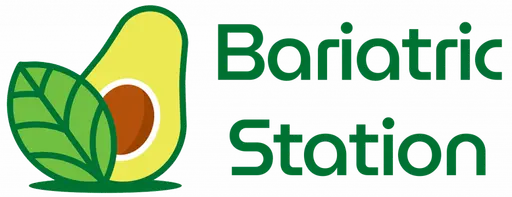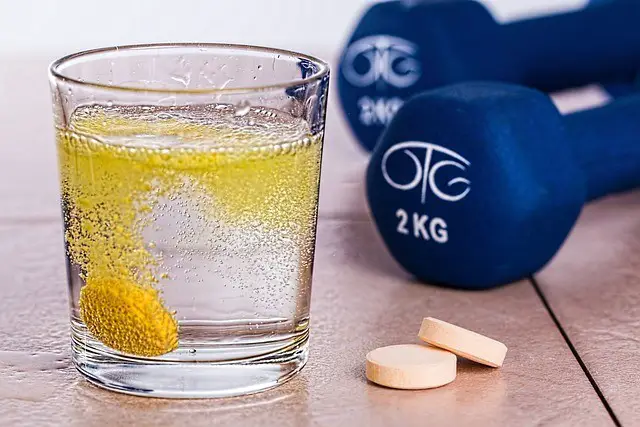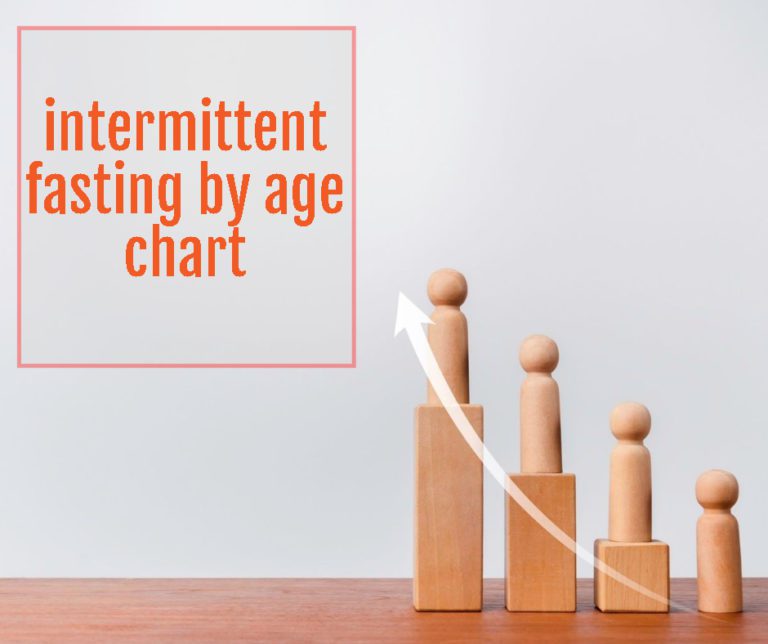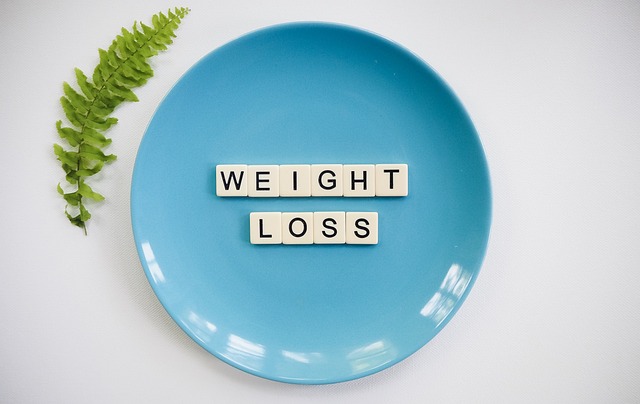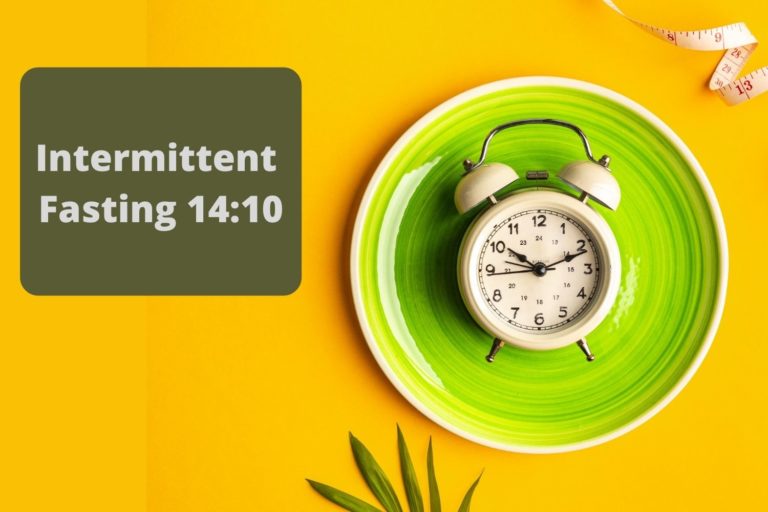Many people have tried intermittent fasting before, and they can vouch for it and its numerous health benefits. Fasting is effective especially for weight loss since it lowers calorie intake creating a calorie deficit that triggers fat burning.
You can follow different forms of intermittent fasting to meet your health goals. However, you must be wondering what clean and dirty fasting means. In this article, we will discuss what we mean by a clean fast and a dirty fast, do a comparison of clean fast vs dirty fast, discuss the benefits of either of the two, and mention how to do either of the fasts right.
By the end of this piece, you should also have your questions on this matter answered. Here we go!
Clean Fast Vs Dirty Fast
What do you know about clean fast vs dirty fast? The other types of intermittent fasting focus on the number of hours you allocate to your fasting period and eating window. However, clean fasting and dirty fasting focus mainly on what breaks your fast.
So, what is the difference between the two?
What Is Clean Fasting?
Let’s assume we are doing the 16:8 intermittent fasting, shall we? The clean fast is a type of fasting that restricts calorie intake during your fasting window.
The whole essence of a clean fast is to trigger different physiological processes to promote the burning of fats. On a clean fast, your body will break down all the glucose for energy, and once this is depleted will use glycogen stores to make additional glucose.
Once glycogen is depleted, your body will break down protein to make glucose through gluconeogenesis. The decrease in blood glucose and insulin levels will trigger ketosis, which is the breakdown of fats for energy. Nutritional ketosis is only triggered when the body empties all its glucose stores after not eating for a long period.
Clean Fasting Foods
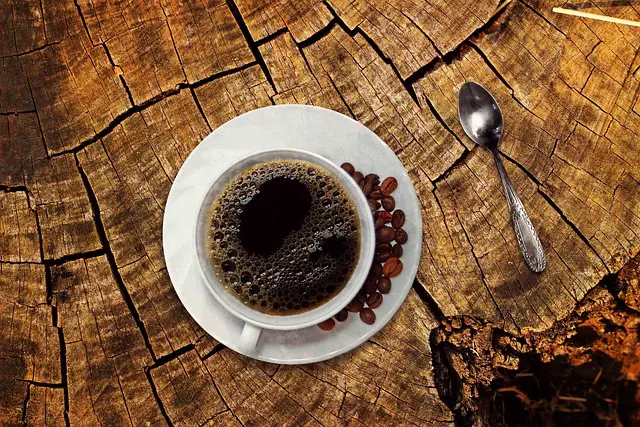
When clean eating, you are restricted to three beverages:
- Water
- Unsweetened tea
- Black coffee
Why these three beverages? Intermittent fasting protocol demands restricting the number of calories you consume. Mineral water and unsweetened sparkling water do not contain any calories meaning they will have no effects on your blood sugar levels. However, adding fruits to your sparkling water is not allowed because it will increase your sugar intake triggering an insulin response.
For teas, only the unsweetened traditional kinds are accepted. You can drink oolong tea, green tea, and black tea on a clean diet. Teas have a small number of calories, with most of them having 2 to 10 calories per cup. This means that, unlike water, drinking tea may trigger the release of insulin, although it may not cause any insulin spikes.
Let’s talk coffee! A cup of coffee, black coffee, contains zero carbs and 2 calories. Even though, on a clean fast most health professionals recommend a calorie-free diet, from an insulin perspective, these calories do not cause a significant release of insulin. Some research has shown that black coffee consumption can cause a slight level of insulin resistance.
Since we’re talking coffee, it is important to address the elephant in the room. Bulletproof coffee, made from coffee, MCT oil, and butter or ghee. This type of coffee does not tamper with ketosis because it doesn’t contain any carbs but is high in fat. But the coffee does contain calories and is best reserved for your eating window only.
Clean Fasting Rules
Here are a few dos and don’ts of clean fasting methods:
- Only drink unsweetened tea, black coffee, and unflavored water.
- Avoid artificially sweetened products including regular soda, diet soda, gums, mints, breath sprays, or coffee additives.
- Avoid any coffee with additional flavor.
- Don’t consume foods marked as ‘zero-calorie” “doesn’t spike blood glucose levels” or “low glycemic food”.
- Don’t use protein supplements like Branched Chain Amino Acids (BCAA’s) or drink bone broth.
- Avoid adding fat to your coffee.
The rules put in place are to ensure that your body burns fat in storage. Sweeteners contain glucose, which from an insulin perspective, will reduce fat burning. Adding protein will stop autophagy, the body’s self-cleaning process. This is why you avoid bone broth and protein supplements when on a clean fast.
Benefits of Clean Fasting
Many health benefits come with clean fasting methods including:
Blood Sugar Regulation
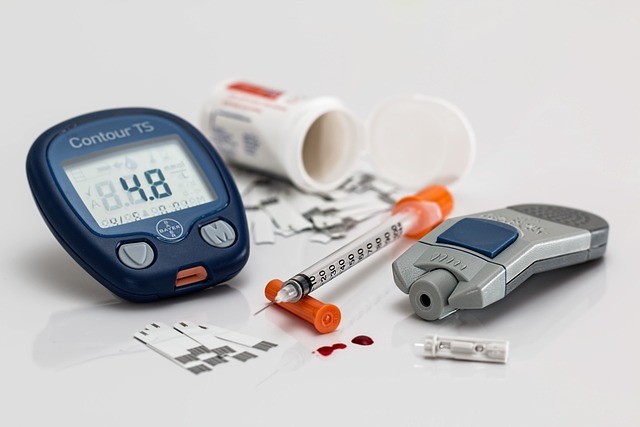
Research has shown that intermittent fasting can help with increasing insulin sensitivity and improving insulin resistance. This study done on adults with type 2 diabetes showed clean fasting lowered blood glucose levels and regulated insulin release.
A 2014 review that compared the effects of intermittent fasting vs calorie restriction on diabetics showed that IF and alternate-day fasting would be good alternatives to calorie restriction for the management of blood sugar in people with type 2 diabetes.
Lowers Risk of Inflammation
Inflammation is the genesis of chronic diseases. Most studies have shown that inflammation causes diseases like heart disease, cancer, and arthritis. A randomized controlled trial done to investigate the effects of intermittent fasting on inflammatory biomarkers results show that clean fasting reduces C-reactive protein (CRP), an inflammatory biomarker.
Promotes Heart Health
Intermittent fasting has been shown to promote heart health by regulating blood pressure, blood cholesterol, and triglyceride levels. This fast can be a complete game changer for lowering the risk of heart disease.
A review done on the effects of intermittent fasting on cholesterol levels resulted in a significant decrease in total cholesterol levels, triglycerides, and low-density lipoproteins (LDL).
Another study investigated the usefulness of periodic fasting to lower the risks of coronary artery disease and other heart conditions. The results suggest that intermittent fasting lowers the risk of coronary heart disease and reduced the risk of diabetes, a risk factor for cardiovascular disease.
Improves Cognitive Function and Prevents Neurodegenerative Disorders
A metabolic switch from glycolysis to ketosis has been shown to improve cognitive impairment and promote brain function. Research has shown that intermittent fasting can promote brain functions and brain structure. Intermittent fasting lowers inflammation which helps reduce neurodegenerative disorders by increasing the generation of nerve cells.
Fasting can be a complete game changer when it comes to improving the outcomes of Parkinson’s disease and Alzheimer’s disease.
Promotes Weight Loss
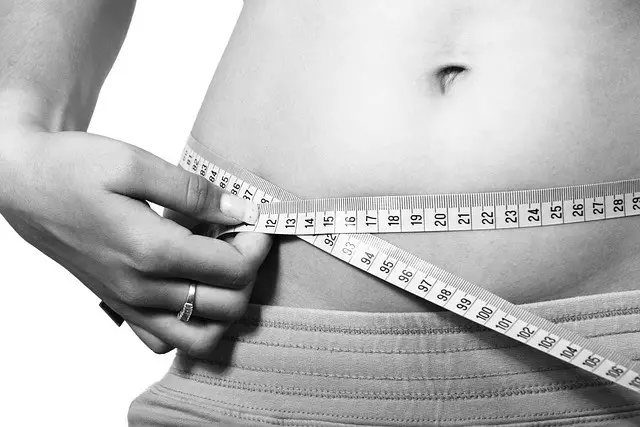
We already know that intermittent fasting is the ultimate game changer when it comes to weight management. On clean fasting, you will avoid some foods which have been associated with weight gain. Choosing the kind of food you eat will lower calorie intake which can help you meet your weight loss goals.
Fasting for a short time has been shown to increase metabolism by increasing norepinephrine which could reduce weight gain and fasten your weight success.
Compared to calorie restriction, intermittent fasting is more effective at inducing weight loss, reduction in body and belly fat.
It is important to mention that other factors may have an impact on weight loss results Age is one of the factors that can hasten your weight loss journey or delay your weight loss progress. There is more to weight loss than diet.
Can Trigger Longevity
Research has shown that fasting can have life-extending effects. One animal study that was done on mice showed that those that fasted had a 28% higher chance of living longer and had a delay in disease development compared to those that had unlimited access to food.
More research is needed to understand the effects of fasting on longevity, especially on humans.
What is Dirty Fasting?
Dirty fasting refers to a type of intermittent fasting that involves consuming foods under 50 calories during your dirty fasting window. When it comes to dirty fasting, you are allowed to have coffee with cream, some bone broth, or add zero-calorie sweetener to your tea.
Comparing clean fast vs dirty fast, you are allowed to consume some calories on your fasting window. The amount of calories consumed in this fast can trigger a significant amount of insulin release.
You are allowed to consume up to 100 calories during your fasting window. Dirty fasting foods you can consume are coffee with milk, low-calorie drinks, and natural sweetener in your beverages.
How Effective is Dirty Fasting?
The difference between dirty fasting and other diets is that it reduces the number of calories one consumes. This fast can promote fat loss because it lowers calorie intake more than your regular diet.
Dirty Fasting Foods

These are foods you are allowed to eat on your dirty fast:
- 1 tablespoon of cream
- 2 tablespoons of almond milk
- 1 teaspoon honey
- Stevia and sucralose
- 1 teaspoon MCT oil
- 1 cup of bone broth
- Sugar-free chewing gum
- 1 tablespoon maple syrup
- 14 g of grass-fed butter
- 1 lemon, squeezed
- 1 can diet soda
Dirty Fasting Rules
You can have no more than 100 calories on the dirty fast. You can add artificial sweeteners to your beverages since they contain no calories. High-protein beverages and supplements are allowed on this diet as well.
Clean Fasting Vs Dirty Fasting
Dirty fasting is effective, but what about clean fast vs dirty fast? Clean fasting is more effective. This is because although dirty fasting foods create a calorie deficit, they still provide you with calories, despite how small they are. These calories can affect your blood glucose levels.
The zero-calorie diet will guarantee that one will be in a state of ketosis. Your argument that low-calorie drinks contain calories, can be settled with the fact that they are not enough to break your fast.
The reason why clean fasting is better than dirty fasting lies in what you eat to break your fasts. A slight change in insulin can break your fast, this is because hormone insulin is a storage hormone. If there’s a slight change in insulin levels, fat burning can be reduced which can slow down weight loss.
On the clean fast, you can achieve ketosis and autophagy which you can’t on dirty keto. Autophagy promotes longevity and can help lower inflammation which brings about chronic diseases.
Does Lemon Water Break a Fast?
Most people use lemon water to detox and stay hydrated. But can it break your fast? It can not break your fast because it contains no amount of calories and zero sugars. Consuming lemon water does not raise blood sugar or insulin levels which means it is okay to drink on your fast.
In addition, you can get many benefits from incorporating lemons into your diet. Lemons are high in vitamin C which can boost the immune system and reduces the development of infections. Vitamin C is also an anti-oxidant that prevents oxidative damage further reducing inflammation in the body.
Vitamin C can also promote digestion because of its acidic nature which can with digestion helping with nutrient absorption and stimulation of bowel movements. Lemon water can assist detoxify your liver from harmful substances that can be bad for your health.
How Many Hours of Fasting Does It Take to Start Burning Fat?
Fasting starts 12 hours after you have stopped eating. At the 12th hour, your body enters the fat-burning stage. This is when your body has depleted its glycogen stores and turned to its secondary source of energy. At the 18th hour, your body will continue to metabolize stored fat until it is depleted. It will continue converting fatty acids into ketones. This is what we call ketosis.
Does A Fast Start Right After Eating?
The moment you take your final bite your fast begins. The best thing to do is to begin your fast around 2 to 4 hours before you go to bed. This will ensure you go to bed after digestion is complete. Although, it is better to start counting your fasting hours from the moment digestion is complete and absorption begins.
Your body will use up the available glucose, then convert proteins to glucose, then turn to fat for energy. The smaller the meal you consume the faster your body will use up glucose and search for an alternative energy source.
Final Thoughts
When it comes to choosing between clean fasting vs dirty fasting, your best bet is the clean fast. You can pick the dirty fast if weight loss is not the goal, but you would love to enjoy the other benefits of fasting. Keep your consumption to calorie-free beverages or those with a few calories.
Have you done the clean fast or dirty fast before? What can you tell us about your experience? Let us know in the comment section below!
